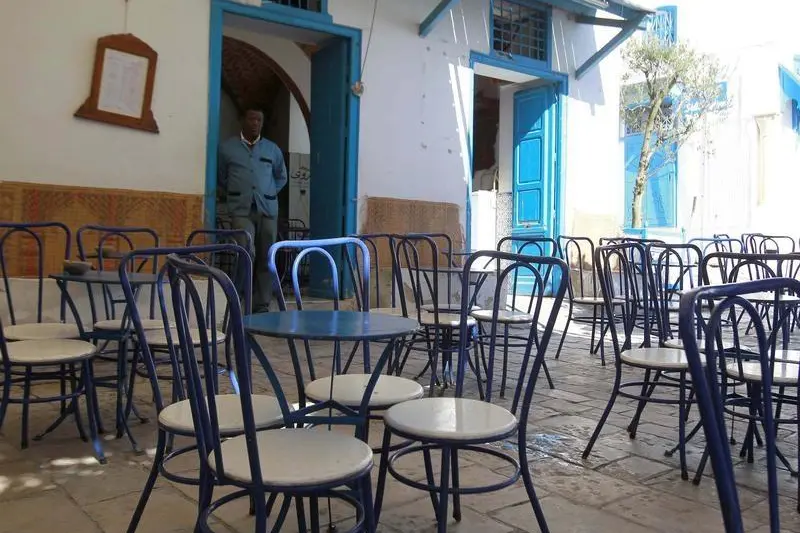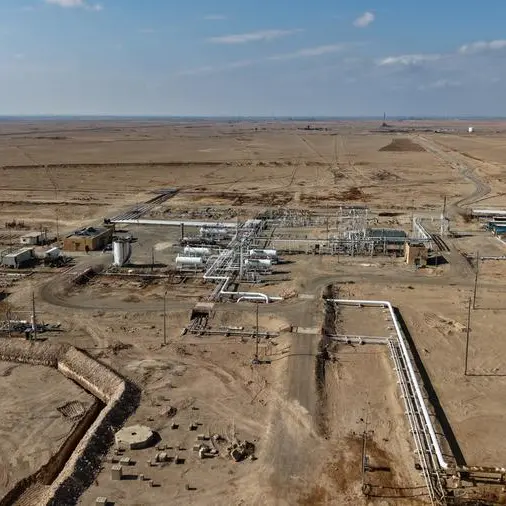PHOTO
The authorities in Algeria have recently announced plans to overhaul visa requirements with an eye to boosting visitor numbers, part of a broader push to stimulate growth in the tourism sector and diversify the economy.
In June Amar Ghoul, then-minister of land use, tourism and craft industry, announced plans to ease visa requirements, in coordination with the Ministry of Foreign Affairs, and facilitate entry for foreign tourists. The new initiative would be rolled out at Algerian embassies and consulates before the end of summer, Ghoul said in a press briefing.
Ghoul also indicated that the government was considering issuing visas upon arrival at Algeria's airports and ports although a formal decision has yet to be made.
A significant changeCurrently, foreign visitors to the country must apply for a visa in advance from an Algerian diplomatic mission abroad, and provide a number of documents in support of their application, such as an official invitation from a local company for business travellers.
This can prove a burdensome process, and the World Economic Forum's (WEF) 2015 travel and tourism competitiveness index identified visas as a major obstacle to attracting foreign tourists to the country.
The relaxed visa procedures come as authorities are looking to boost the tourism sector's contribution to GDP from the current 2.5% to 10% by 2030. At present, Algeria ranks 123rd out of 140 countries in terms of travel and tourism competitiveness, according to the same WEF report, compared to 79th for Tunisia and 62nd for Morocco.
Diaspora linksTourism officials have also eased requirements for visitors from the Algerian diaspora, allowing dual nationals to enter Algeria with a national identity card through to October 2016, in part to accommodate visitors travelling during major religious holidays in July and September.
Algerians abroad have historically represented a significant tourist market, comprising an estimated population of as many as 5m. As of end-2013, the number of international arrivals reached 2.73m, comprising mostly Algerians residing abroad, at 1.76m.
Source market diversificationTo help further stimulate arrival figures, the government is aggressively courting visitors from non-traditional markets.
While France has traditionally provided a large proportion of the country's foreign tourists, Ghoul identified Japan, China, the UK, the US, Canada, Germany and Poland, as well as some Gulf countries, as priority markets at the second national meeting on the promotion of tourism held in Algiers in late May.
In 2014 Algeria received 2.3m international tourists, a slight drop from the previous year. However, there are indicators that efforts to boost the sector are paying off, with the number of foreign tourists to Algeria increasing by 15% in 2015, according to Ghoul.
He also noted positive indicators in the number of foreign visitors in 2016, particularly in the beginning of the year and to southern regions such as Ghardaïa, Biskra, El Oued and Béchar, in addition to the interior and coastal regions.
Reaping long-term rewardsThe government has been looking to maintain this momentum by upgrading the country's tourism infrastructure through sustained investment and improved training.
Late last year Ghoul told media that in line with the National Tourism Development Plan, which was launched in 2008, nearly 1000 tourist projects worth $3.9bn had been approved, while 3000 projects - including several targeting domestic tourists and Algerians abroad - were set to launch in 2016 alone.
Upcoming projects are expected to help achieve the ministry's goal of 50,000 beds in Algiers by 2017 and 500,000 nationwide by 2030, up from current figures of 19,000 and 100,000, respectively.
Algeria has also invested in several training centres to ensure the new facilities are staffed with qualified professionals. The largest, the Algiers High Institute of Hospitality and Catering, was inaugurated in July 2015 and is managed in partnership with the Swiss-based Ecole Hôtelière de Lausanne. The school currently has the capacity to train up to 800 students annually and is focused primarily on managerial positions in the hospitality sector.
Three other centres located in Algiers, Tizi Ouzou and Bou Saada, have a combined annual capacity of around 880 students. A fifth training centre in Zighoud Youcef with a capacity of 300 students is expected to open in the upcoming months.
© Oxford Business Group 2016





















